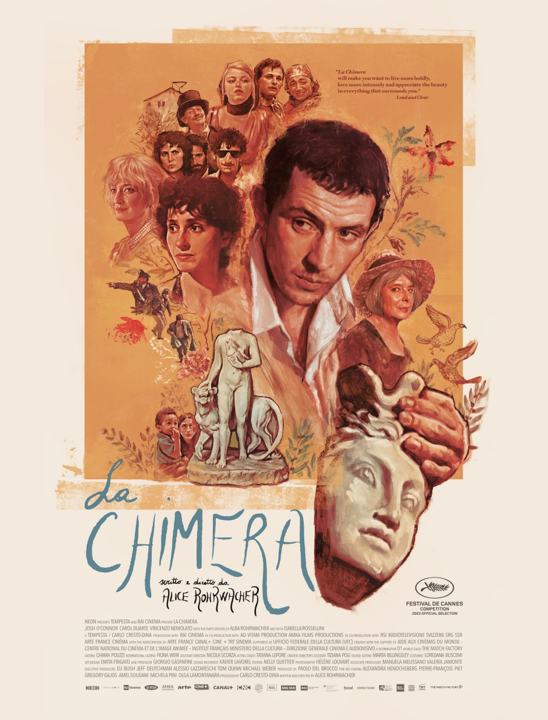




| Director | Billy Wilder |
|---|---|
| Country | USA |
| Year | 1960 |
Released in 1960, The Apartment stands as one of Billy Wilder’s most acclaimed works — a deft blend of romantic comedy, corporate satire, and social critique. Coming off the back of Some Like It Hot (1959), Wilder once again collaborated with screenwriter I.A.L. Diamond, crafting a story that mined both the glamour and seediness of mid-century Manhattan office life. The film was bold for its time: tackling themes of adultery, workplace exploitation, and loneliness with sophistication and humour. Shot in black-and-white during an era increasingly dominated by Technicolor, it signalled a deliberate tonal choice — stylistically recalling earlier screwball comedies while grounding its world in a morally ambiguous, contemporary New York. The film went on to win five Academy Awards, including Best Picture, Best Director, and Best Screenplay, cementing Wilder’s reputation as one of Hollywood’s sharpest observers of human behaviour.
C.C. “Bud” Baxter (Jack Lemmon) is a mid-level insurance clerk in a giant New York corporation. He harbours a crush on elevator operator Fran Kubelik (Shirley MacLaine), but is too meek to act on it. Bud’s career advancement hinges on an unusual arrangement: lending his apartment to senior executives for their extramarital trysts in exchange for good performance reports. When his philandering boss, Jeff Sheldrake (Fred MacMurray), begins using the apartment to conduct an affair Bud’s personal and professional lives tangle. A series of misunderstandings, heartbreaks, and small acts of kindness ensue, leading both Bud and Fran toward decisions about integrity, self-respect, and the possibility of love.
Jack Lemmon’s Bud is an instantly sympathetic everyman — charming yet hapless, navigating moral compromise with wide-eyed optimism and self-deprecating humour. Lemmon imbues him with physical comedy (nose drops, spaghetti cooked with a tennis racket) while revealing a deeper loneliness beneath the surface. Shirley MacLaine delivers a performance of delicate balance: Fran is lively and witty, yet marked by vulnerability and melancholy. Fred MacMurray plays Sheldrake with restrained cynicism — a far cry from his affable roles in earlier comedies — embodying the smooth, predatory corporate executive. Supporting turns from Ray Walston, David Lewis, and Edie Adams flesh out the cynical microcosm of the corporate machine.
While frequently funny, The Apartment operates in a bittersweet register. Beneath its romantic-comedy surface lies a sharp critique of postwar corporate culture, sexual politics, and moral expediency. The workplace here is a ladder climbed not through merit but through complicity, particularly in enabling the abuses of powerful men. Wilder also explores urban alienation: Bud is surrounded by millions yet isolated in his small, impersonal flat, reduced to timing his own return home around strangers’ affairs. Ultimately, the film suggests that kindness and personal integrity are acts of quiet rebellion.
Wilder’s direction is elegant, uncluttered, and precise. The widescreen black-and-white cinematography by Joseph LaShelle captures the sterility of the corporate environment: rows of identical desks fading into the distance recall Tati’s Playtime (1967) in their geometric impersonality. The apartment itself is a liminal space — private yet constantly invaded, cosy yet morally compromised. Dialogue is brisk and layered, laced with Wilder and Diamond’s trademark wit (“That’s the way it crumbles — cookie-wise”). The film’s tonal shifts — from light farce to moments of real emotional pain — are handled with remarkable fluidity, allowing a suicide attempt to sit within the same narrative as moments of playful flirtation without tonal collapse.
Viewed today, The Apartment still resonates, both as a time capsule of early 1960s sexual politics and as a critique whose relevance has endured in the wake of #MeToo. The dynamics between powerful executives and female employees — often involving unspoken coercion — play out with an honesty rare for the era, stripped of glamour. Wilder’s lens is clear-eyed but humane: while the system is corrupt, individuals can still choose decency.
Upon release, The Apartment was both a commercial and critical success, praised for its wit, emotional depth, and maturity. Bosley Crowther in The New York Times lauded its “surprising sweetness” alongside its “tart social comment.” In the decades since, it has been enshrined as a classic of American cinema, frequently appearing on critics’ lists of the greatest films ever made. In 1994, the film was selected for preservation in the United States National Film Registry as “culturally, historically, or aesthetically significant.” For many, it remains the template for the modern romantic comedy — one that refuses to condescend to either its characters or its audience.
In an effort to reduce our paper usage, we stopped offering printed copies of our popular Film Notes at our screenings.
Instead, we are encouraging our members to read the Film Notes online. For those who wish to do so, it is still possible to print these pages prior to the film.
Alternatively, if you want to read the notes just before or just after the film, and also minimise your paper consumption, then you can scan the QR code to your phone and then download the webpage.
